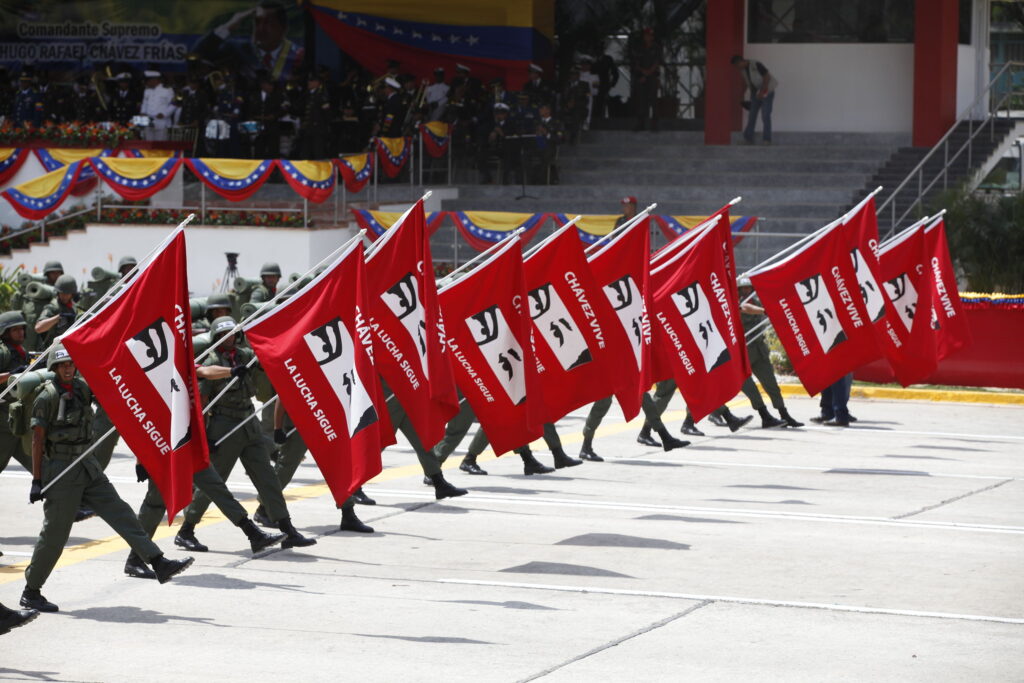How Chavismo Neutered The Strength of 1990s Venezuelan Activism
The Chavez and Maduro governments co-opted activists and destroyed the conditions for the activism that partly helped them to rise
Venezuela’s proposed “law against fascism and neo-fascism” is discretional and arbitrary. If approved, it’s expected Chavismo will use to repress the opposition and organized civil society.
The Chavez and Maduro governments co-opted activists and destroyed the conditions for the activism that partly helped them to rise

Vice president Delcy Rodríguez introduced a bill “against fascism and neo-fascism” in Venezuela’s National Assembly. The bill hopes to punish “fascist and neo-fascist expressions”, but its definitions are quite arbitrary: for example, it considers -among other things- “neoliberalism” and “moral conservatism” as characteristics of fascism.
More importantly, the law would allow for political bans against “fascist” politicians and the legal dissolution of NGOs and political parties that promote or express “fascism”, if the it considers them so. If approved, it’s expected Chavismo will discretionally use the law -full of arbitrary definitions- to persecute the opposition and organized civil society. Rodríguez is already comparing María Corina Machado’s “hasta el final” with Adolf Hitler’s “final solution”.
In the words of energy expert Francisco Monaldi: The law against fascism is very fascist.
The deliberately vague statements such as “hasta el final” and the general commitment to the electoral route reflect a context that requires maximum flexibility
The governor of Zulia seems to expect he’s after the anti-government vote on July 28. But his history rather shows he’s the system’s candidate.
While the CNE admitted MUD’s “placeholder” candidacy, while still blocking the possibility of registering Corina Yoris, criticism from Chavismo’s (former?) allies keeps rising: Petro, for example, described the María Corina Machado’s ban from running for office as “an anti-democratic coup”. This week, the State Secretary of Norway -the mediator country of the Barbados Agreements- visited Caracas and met with the Unitary Platform’s secretary, the opposition’s chief negotiator and Maduro’s foreign minister.